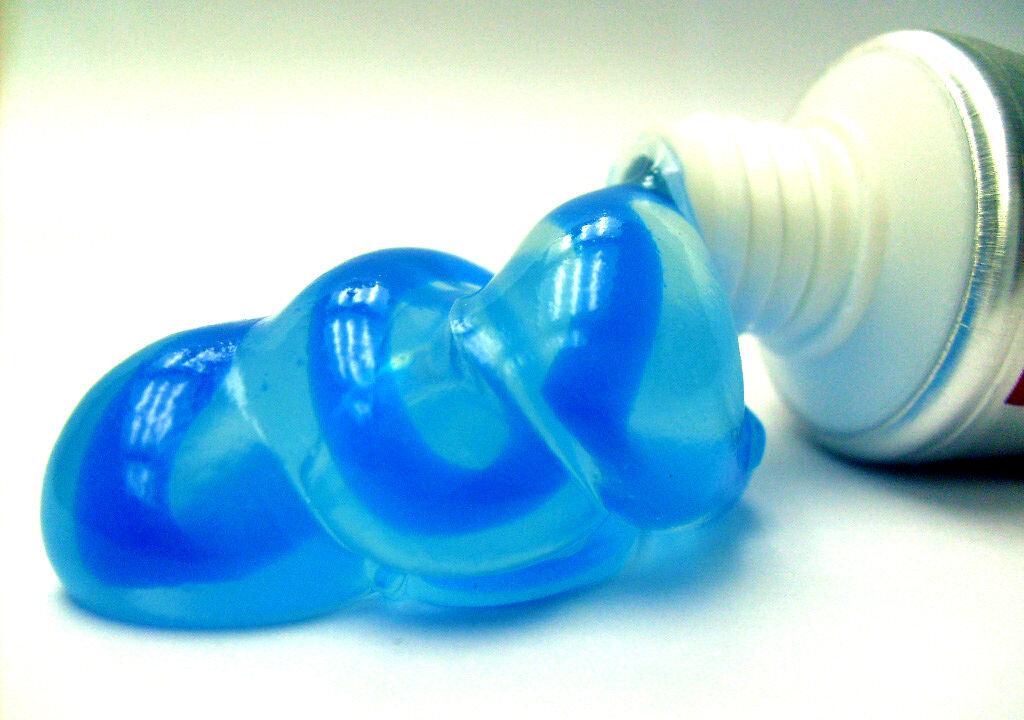Researchers from the University of Central Florida have discovered cellular changes to neuronal stem cells exposed to propionic acid (PPA), a naturally occurring carboxylic acid that is also used as a preservative used to extend shelf life and reduce mold in processed foods, bread, and cheeses.
The study shows how preservatives in food can reduce the development of neurons in fetal brains. Highlighting the importance of diet for pregnant women.





